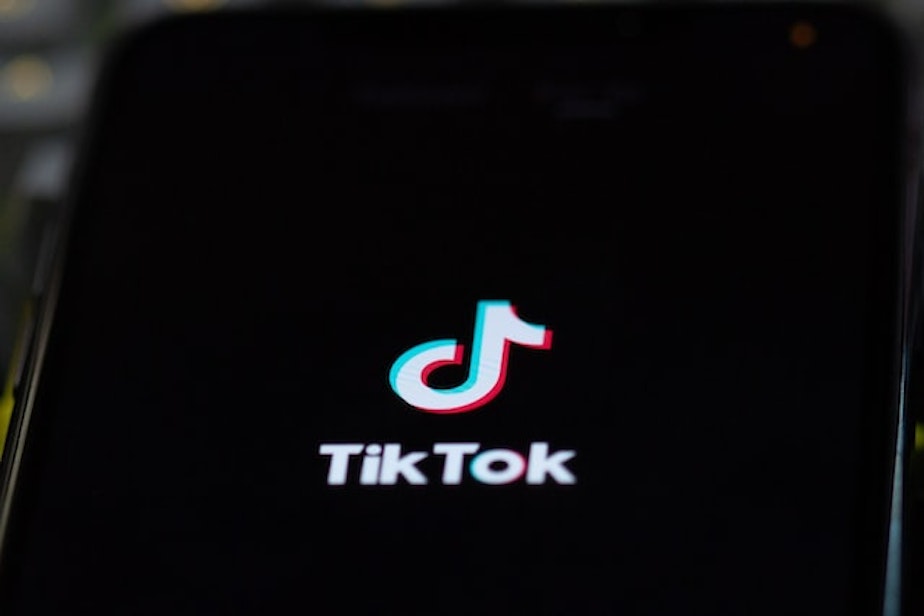As Congress pushes potential TikTok ban forward, users wonder what happens next

Last week, the House of Representatives voted overwhelmingly to force TikTok’s Chinese parent company, ByteDance, to sell the video sharing platform within 180 days.
If that doesn’t happen, TikTok could be banned from U.S. app stores and web hosting platforms. Now the legislation heads to the Senate, and its future is far from clear.
The final House vote was 352-65 and was preceded by a unanimous 50-0 vote in the Energy and Commerce Committee.
Kim Schrier, who represents Washington's 8th congressional district and is the vice ranking member of the House of Energy and Commerce Committee, said the bill is a bipartisan response to data security concerns with ByteDance, the China-based company that currently owns TikTok.
"170 million Americans means that half of our population uses TikTok — many or most for several hours a day," Schrier told Soundside." For young people, that is where they get most of their news. And the reason that I voted for this bill, to insist that TikTok be sold from an adversarial country to a friendly country or to the United States, is a matter of national security."
The Energy and Commerce Committee held a hearing questioning TikTok CEO Shou Zi Chew last year. In several congressional hearings, Chew has emphasized that TikTok is not owned or controlled by the Chinese government, and that the company is building "what amounts to a firewall to seal off protected user data from unauthorized foreign access."
To build confidence, TikTok also announced last year that it would work to build domestic servers to house American TikTok data locally (what's called "Project Texas"). But members of Congress said they weren't convinced these measures are adequate.
Sponsored
"We've had briefings that others are not privy to," Schrier said. "That firewall is like Swiss cheese, and any company — like ByteDance — that is owned in China has the reach of the Chinese Communist Party, [and] has plenty of access to our data on demand."
The bill has the support of President Joe Biden but meets an uncertain timeline in the Senate. If passed, ByteDance has 180 days to sell the company to an entity outside of China or face a ban on U.S. devices and app stores.
That could mean a cataclysmic shift for millions of TikTok users and those who depend on the platform for their income.
"There's really no precedent for this," said Jessica Maddox, an assistant professor of digital media at the University of Alabama. "We're trying to untangle something that has become such a big part of our social media landscape. And I don't know if we can do that without having real economic and livelihood impacts for the people who use TikTok."
Opponents of the bill have called for broader consumer protections than the current legislation enables, and emphasized the need for a federal data privacy policy that would extend to all social media companies — both foreign and domestic.
Sponsored
"We have no federal data regulation in the United States," Maddox said. "Any conversation about TikTok — about bans or divestments — should actually take a step back and consider the fact we don't have any legislation to protect user data in the United States. And if we did, this would be a very different conversation."
Listen to the full Soundside segment by clicking "play" on the audio icon at the top of this story.





